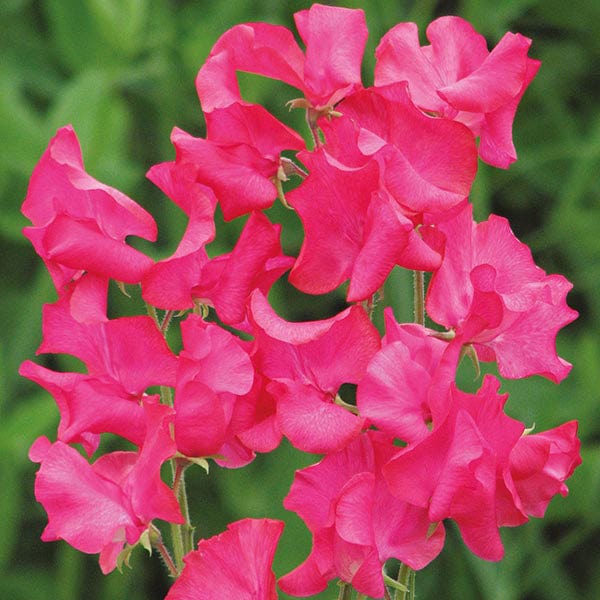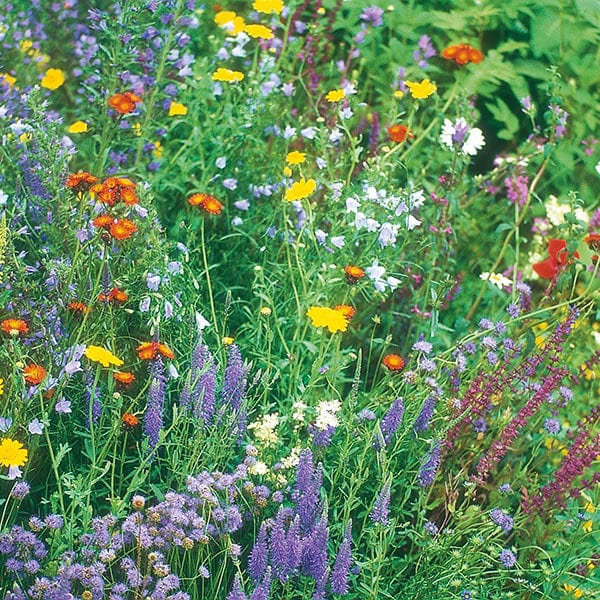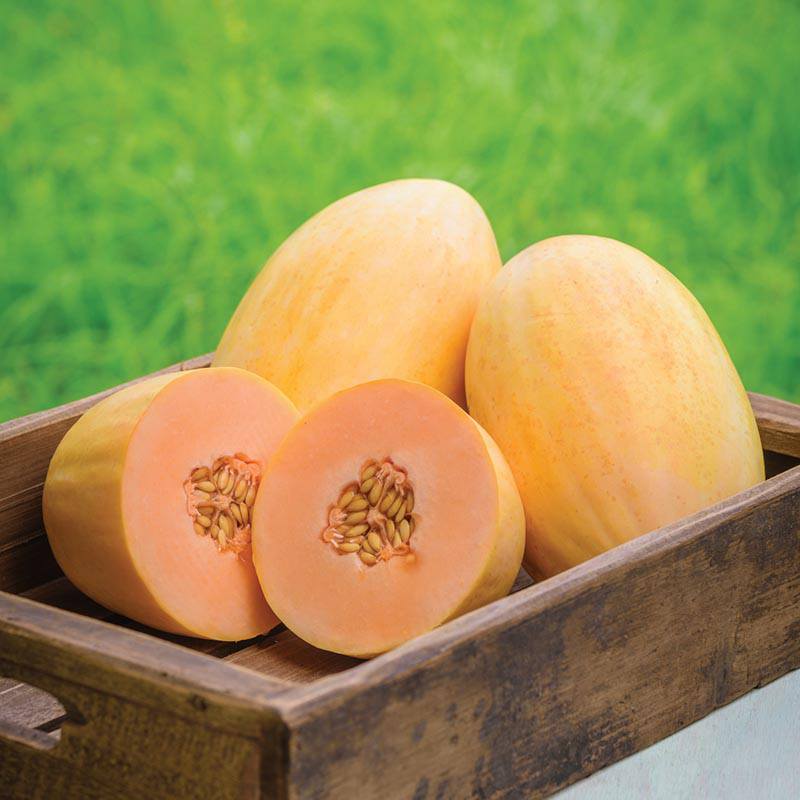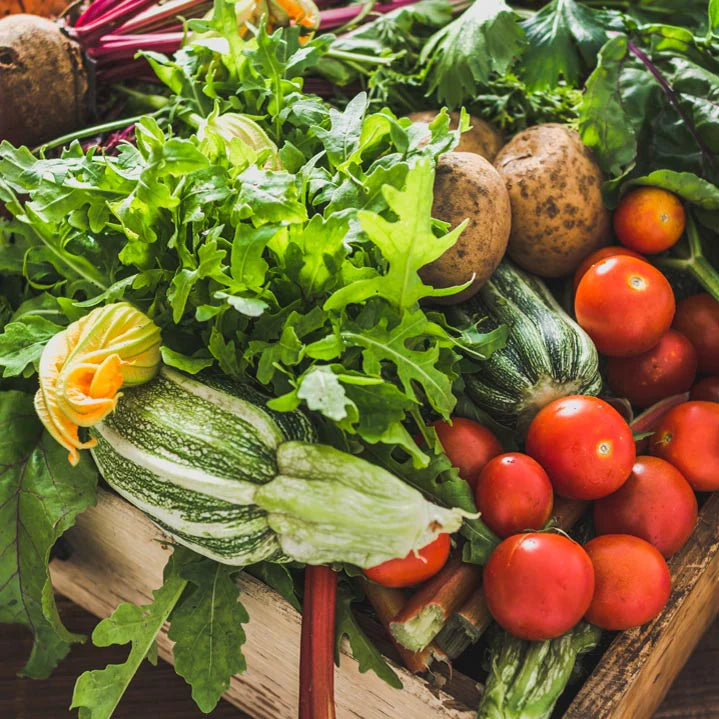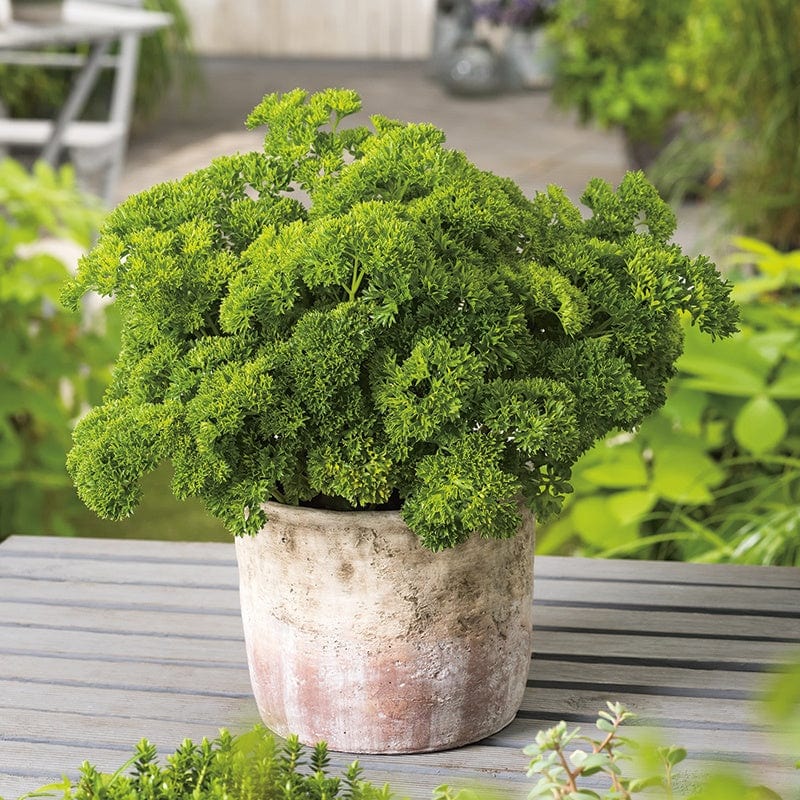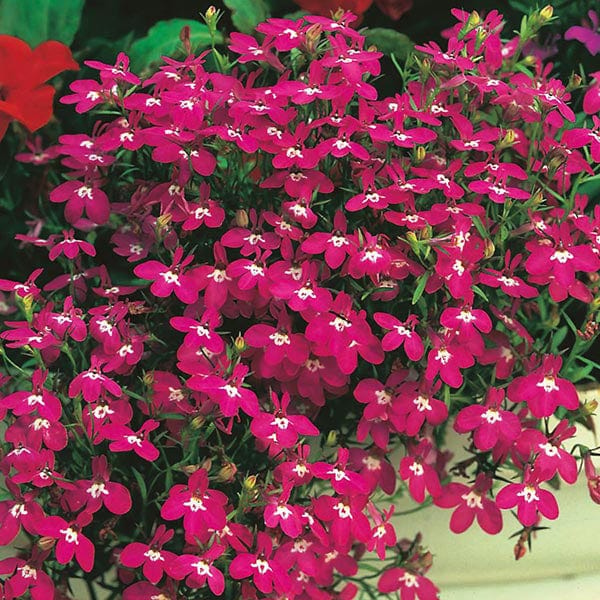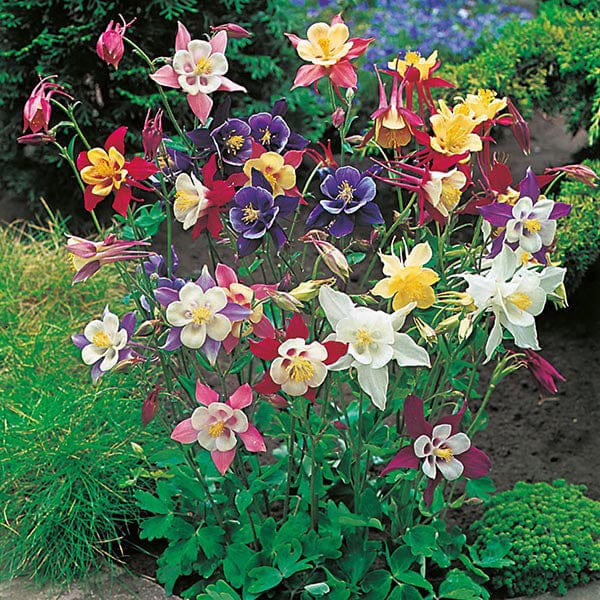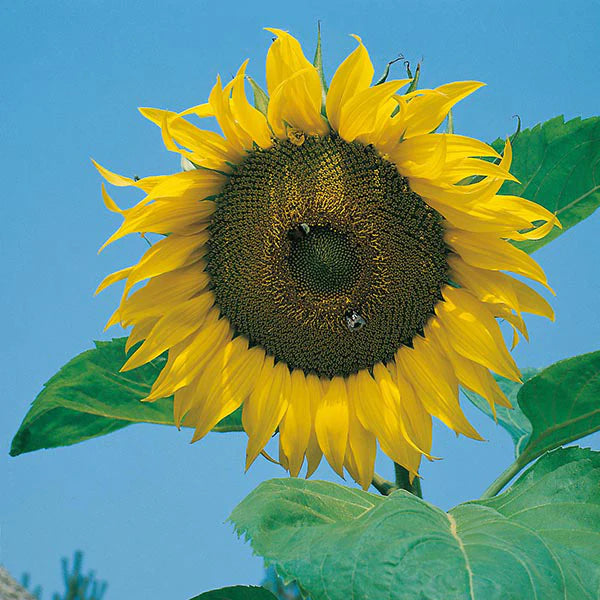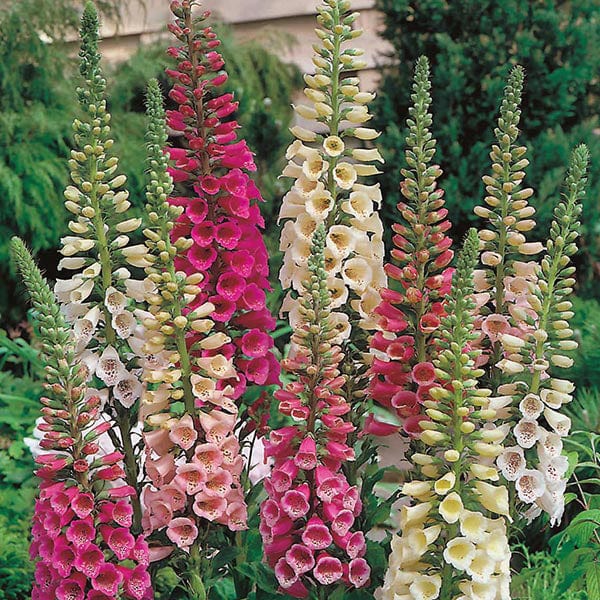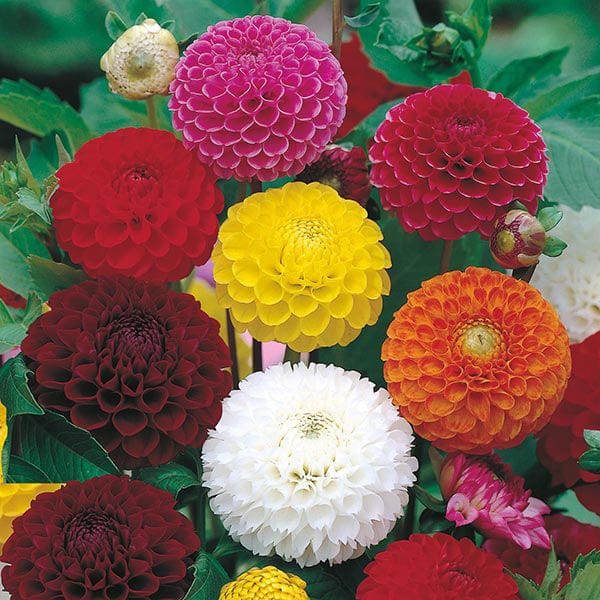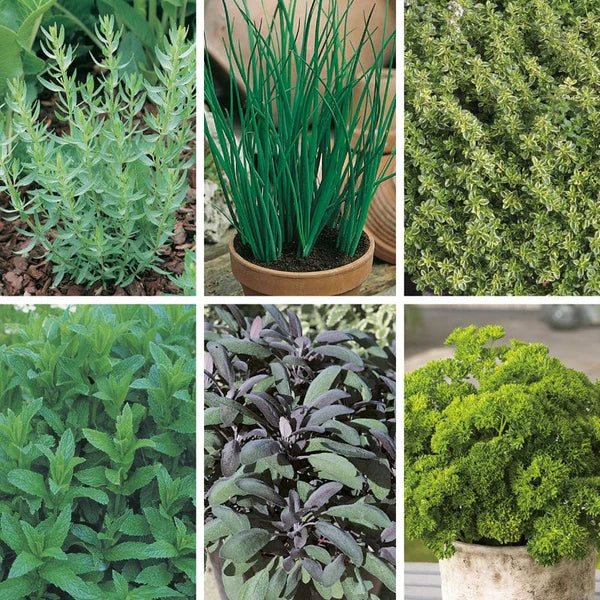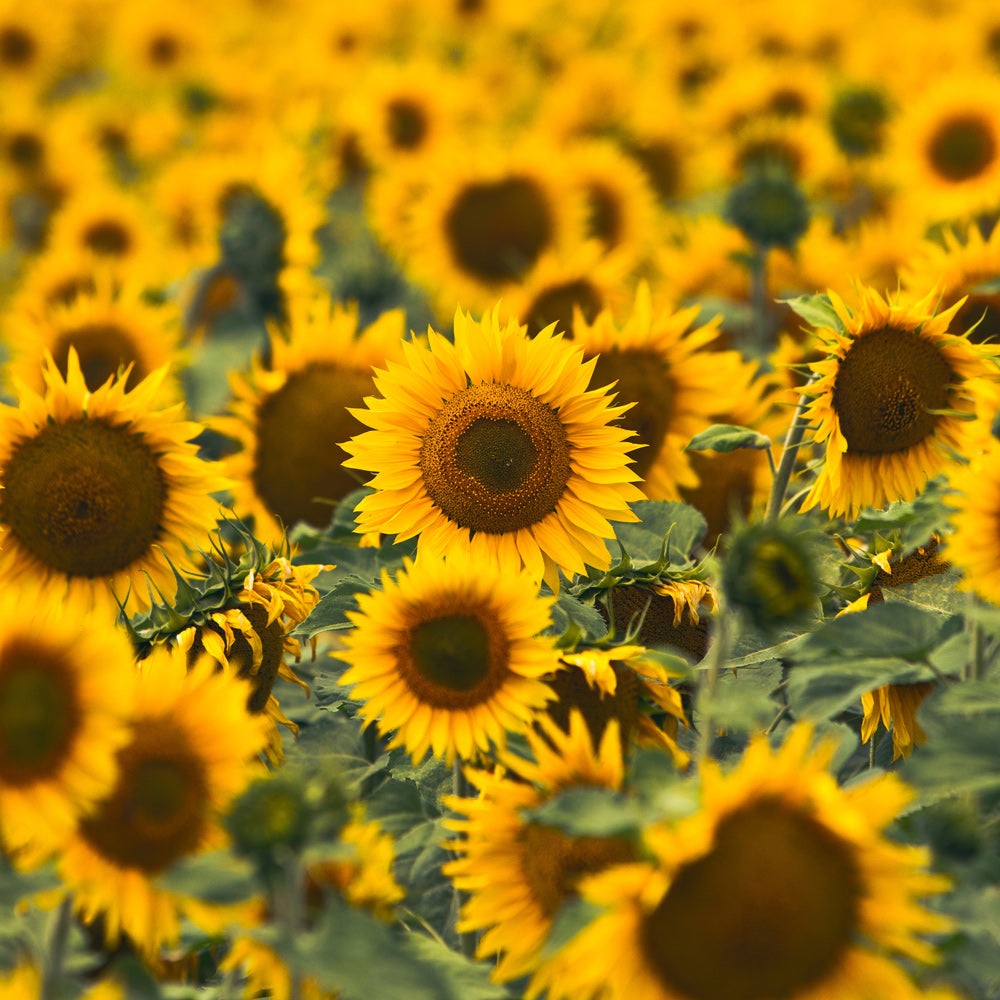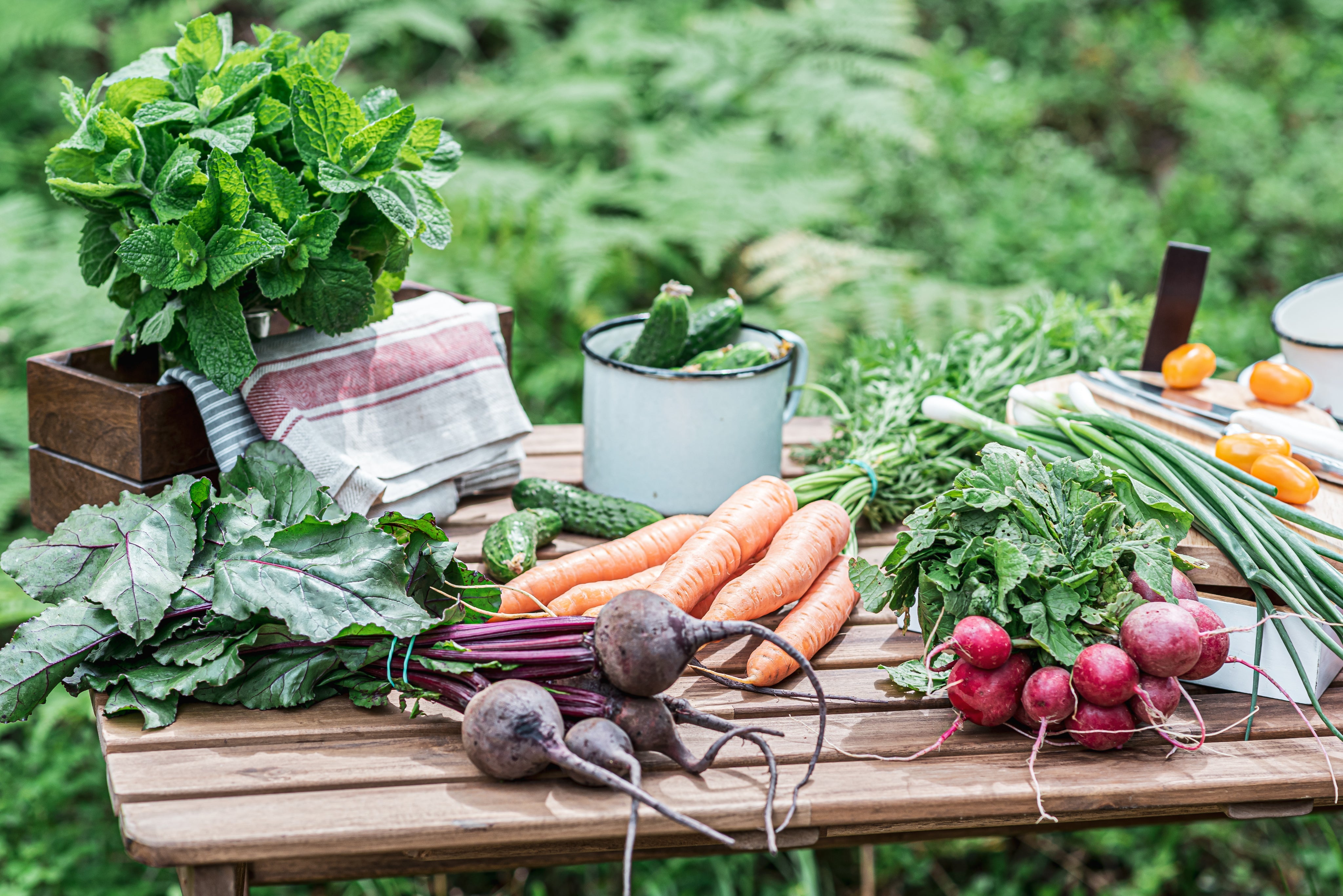
Fothergill's FAQs
If you can't find you're looking for, hopefully our frequently asked questions can help! We know how important your garden is to you, and understand that sometimes you may need a little extra help or advice.
Below are some useful links, support and guidance. If you can’t find what you’re looking for, please feel free to reach out to our customer service team! We are always happy to help!
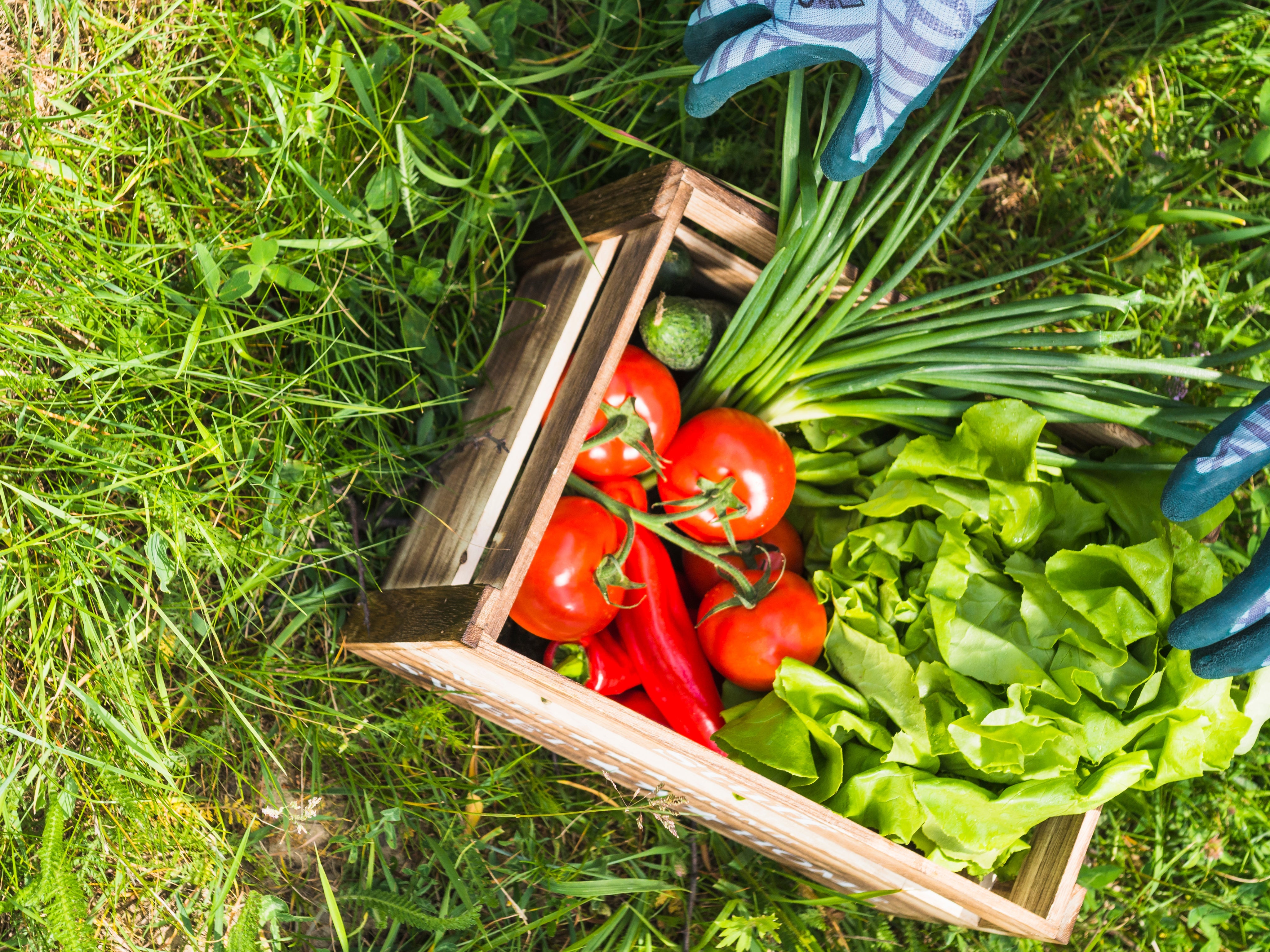
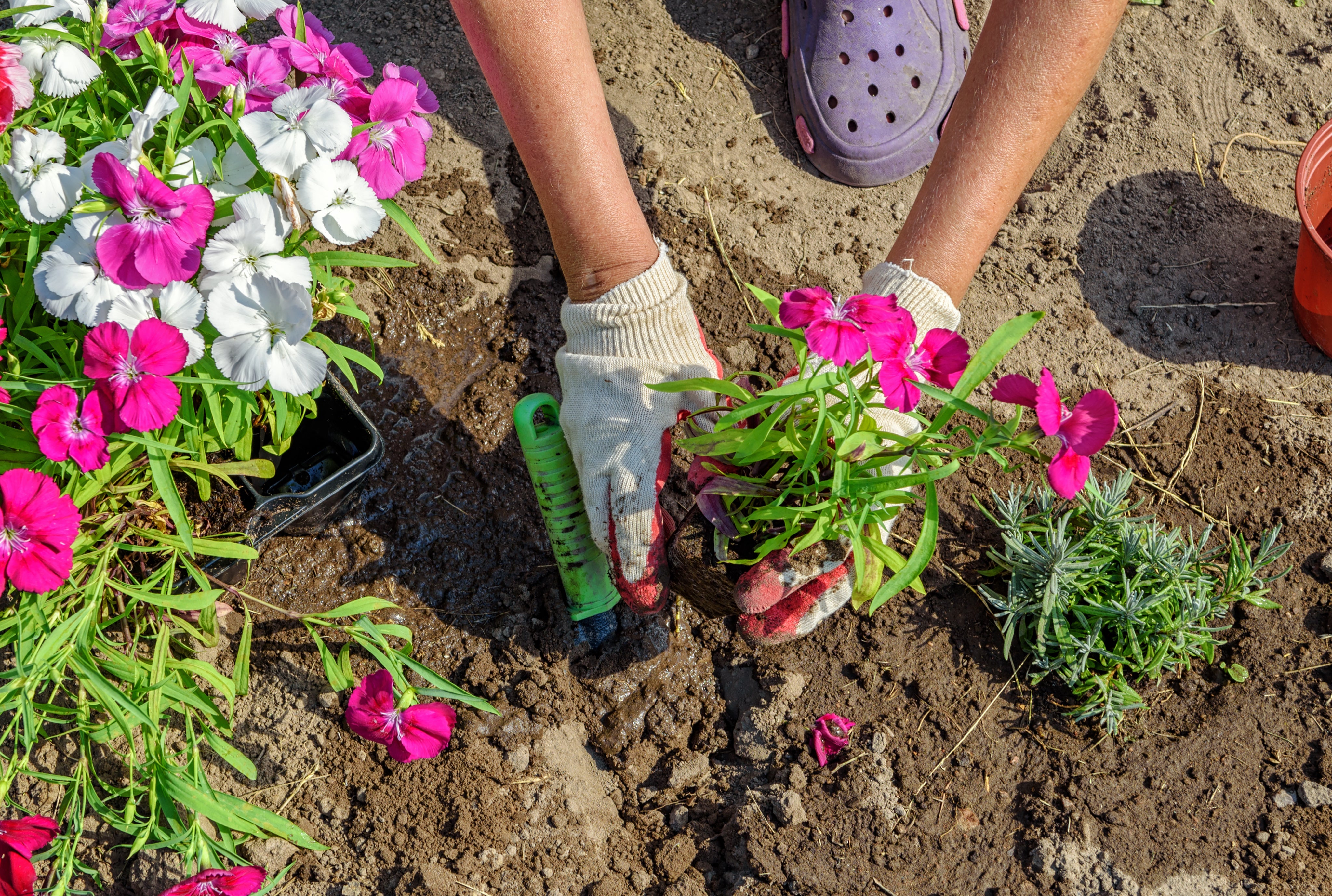
Our promise to you: 100% satisfaction guaranteed
All of us at Fothergill's Seeds genuinely care for our customers and strive to only send out the highest quality seeds to allow for the best rate of success possible. We understand that on occasion, things can go wrong. Please rest assured, we will always do our very best to put things right. Should you be dissatisfied for any reason, please reach out to our customer service department and we will gladly help find a resolution per our customer satisfaction guarantee.
Quality is our number one priority which is why we pride ourselves in offering a 100% Satisfaction Guarantee. We are happy to guarantee that all our seeds will have a high germination levels and that our plants and products will arrive in good condition.
We regret that we cannot replace or refund products affected by adverse weather conditions, pests or diseases, or offer compensation in the unlikely event of a seed mispack or germination failure.
My Account
Get all questions about your Fothergill's account answered.
I can't login into my account
To reset your password you will need to request a password reset via the website. You must have a valid email address registered with us to receive the reset instructions. This can be done via the Reset Password page.
You will need the email address you used to register your online account with us. Enter your email and click send email.
An email will be sent to the address with a secure link to change your password. Please note: You may need to check your junk/spam inbox
An email will be sent to the address with a secure link to change your password. Please note: You may need to check your junk/spam inbox.
Delivery & Returns
Got questions about delivery or returns? Get them answered here.
How long will my order take to delivery?
All In Stock complete orders will be shipped as quickly as possible. Once shipped, it generally takes 3-5 days in transit. This time can vary depending on carrier volume and any inclement weather. All orders will ship complete. If items are on Pre-Order, the order will be completely fulfilled upon the arrival of those items part of our pre-order sale. Unfortunately, we are not able to split orders. If you wish to have the In Stock items shipped right away, any pre-order item will need to be cancelled and placed on a new order.
Can I delay a shipment?
Dispatch dates are given as a guide only and represent the beginning of the despatch period. Some seasonal items can be despatched across several weeks and we always despatch oldest orders first, once items are in stock. Factors outside of our control, such as weather conditions or light levels, may affect live product growth rates and may cause delivery dates to vary.
Shipments outside the US?
Unfortunately we are unable to ship any products outside the US due to laws and regulations with customs.
Returns policy
All of us at Fothergill's Seeds genuinely care for our customers and strive to only send out the highest quality seeds to allow for the best rate of success possible. We understand that on occasion, things can go wrong. Please rest assured, we will always do our very best to put things right. Should you be dissatisfied for any reason, please reach out to our customer service department and we will gladly help find a resolution as part of our customer satisfaction guarantee.
If you have any concerns regarding the condition or quality of any of the upon arrival, please email our customer service team with an image of the item in question, your order number and a detailed message regarding your concerns. It items are damaged or defective, we do not need them returned to us, just the image of the damaged products.
If you have changed your mind and no longer need the seeds, please return them to our facility. The return will need to be postmarked within 10 business days of delivery and the customer will need to be responsible for their own return label. Once the items arrive back to our facility, we will be happy to refund the products returned minus any shipping fees.
Item availability
On rare occasions, as a result of high demand or crop failure, a variety may become sold out or unavailable prior to shipping. If we are unable to fulfill an item on your order, we will ship any other items and issue a refund for the item no longer available. We will notify you of any items that could not be fulfilled and were refunded.
Product FAQ’s and Information
Are the Seeds GMO or Genetically Modified?
Genetically Modified crops are from plants that have had their DNA modified using genetic engineering techniques.
The purpose of genetic modification is to introduce a new trait to the plant which does not occur naturally in the species. Examples include resistance to certain pests, diseases or environmental conditions, and the introduction of nutrients or characteristics to enhance the yield, taste or size of the fruit.
Criticism of GM crops include ecological and economic concerns due to these organisms being subject to intellectual property law, and questions are also raised regarding safety of GM foods and whether they are needed to address the world’s food requirements.
Mr. Fothergill’s is proud to declare that none of the seeds in any range sold are Genetically Modified.
What does it mean when a plant is a Hybrid?
Hybrids are very different from Genetically Modified plants as hybrids are created by natural means of selecting parent plants and does not involve interfering with the plant’s DNA.
Hybrid plants refer to offspring resulting from the mating of two genetically distinct individuals. In agriculture and gardening, hybrid seeds are produced by cross-pollinated plants.
Hybrids are bred to improve the characteristics of the resulting plants, such as better yield, greater uniformity, improved color and disease resistance.
Today, hybrid seed production is predominant in agriculture and home gardening and is one of the main contributing factors to the dramatic rise in agricultural output during recent years.
A common misconception is that hybrids are sterile. This is not the case, but if the hybrid plant is pollinated by a non-hybrid, the offspring will not be true to the hybrid parent’s characteristics.
Mr Fothergill’s seed range includes two types of hybrid seed varieties:
- Single Cross Hybrids – result from the cross between two true breeding organisms and produces an F1 generation called an F1 hybrid (F1 is short for Filial 1, meaning ‘first offspring’).
- Double Cross Hybrids – result from the cross between two different F1 hybrids. Usually marked with F2 at the end of the plant name.
What does it mean when a plant is open pollinated?
Open Pollinated plants are varieties that grow true from seed. This means they are capable of producing seeds from this season’s plants that will produce seedlings just like the parent plant.
However, some plants will naturally cross pollinate with other plants, so even if it is Open Pollinated, the seeds resulting from a cross pollination could yield a different plant.
What does it mean if a seed is a Heirloom variety?
Heirloom seeds are those that are open pollinated and have been passed down from generation to generation. They are true to type, meaning you can save seed from a plant and expect to get the same thing when you plant the seeds next season, unless they are cross-pollinated as mentioned above.
Are any of the seeds treated with Neonicotinoids and any other chemical treatment?
None of Mr Fothergill's seeds are treated with neonicotinoids. In fact over 95% of our seeds have not been treated with any chemicals at all. There is a very small percentage of seed that is treated with a fungicide, either Thiram or Apron XL as required by AQIS. These packs are clearly marked with "Do Not Eat These Seeds" plus the powder coating is dyed usually blue or pink for easy identification. This is mainly done for sweet corn, some peas and bean varieties as well as some cucumbers and radishes. Treated seeds should not be eaten or fed to animals.
The plants grown from treated seeds are perfectly safe to eat as the fungicide will stay on the seed coat and not interact with the plant.
Thiram and Apron XL are non-toxic to bees.
Are the seeds Certified Organic?
Organic farming is about plant health management and disease prevention without the use of synthetic chemicals (pesticides and fungicides).
Mr Fothergill’s does offer an Organic Garden seed range. These varieties are distinguished on our website by including the term ‘Organic’ in the name of the variety.
Whether or not you use seeds from the Organic Garden range, you can still grow a crop of vegetables without using synthetic pesticides or fungicides during the growing process. Although not truly organic in the strictest sense you can be comfortable in the knowledge that the crops you eat are not carrying chemical residue.
What is the difference between a suitable zone and hardiness zone?
The hardiness zone of a plant refers to the areas where this variety can survive without any special intervention (such as removal in the fall/winter protection, artificial chilling, etc.).
The suitable zone of a plant refers to the areas where it is possible to grow this variety but may require special intervention in order to be successful. For example, if a variety is suitable in a specific zone but not listed as hardy in that same zone, it will not survive the Winter if left in the ground.
What is the difference between an annual and perennial?
An annual refers to plants that will complete a full life cycle during one season.
A perennial will continue to live more than one season typically going dormant during the Winter months and sprouting again the following year. Please note, for an item to be an annual, it must be hardy within the planting zone.
What is the difference between a hardy annual and a tender annual?
A hardy annual will complete it’s life cycle within one season but can tolerate cooler temperatures, and in some occasions, light frost conditions. When referring to seeds, a hardy annual can be sown directly into the soil without protection or without having to start indoors.
A tender annual will also complete it’s life cycle within one growing season but is much more sensitive to cold temperatures and cannot tolerate frost conditions at all. These varieties will generally need to be sown indoors for sprouting and transplanted outdoors once the fear of frost has passed and temperatures are consistently above 50-60F.
Conditions of sale
All seeds offered by Mr. Fothergill’s are guaranteed to comply at the time of delivery with USDA Seeds Regulations currently in force. Information given about products is to the best of our knowledge, and is for general guidance only. All dimensions and capacities are approximate; please also remember that environmental factors can affect plant growth.
